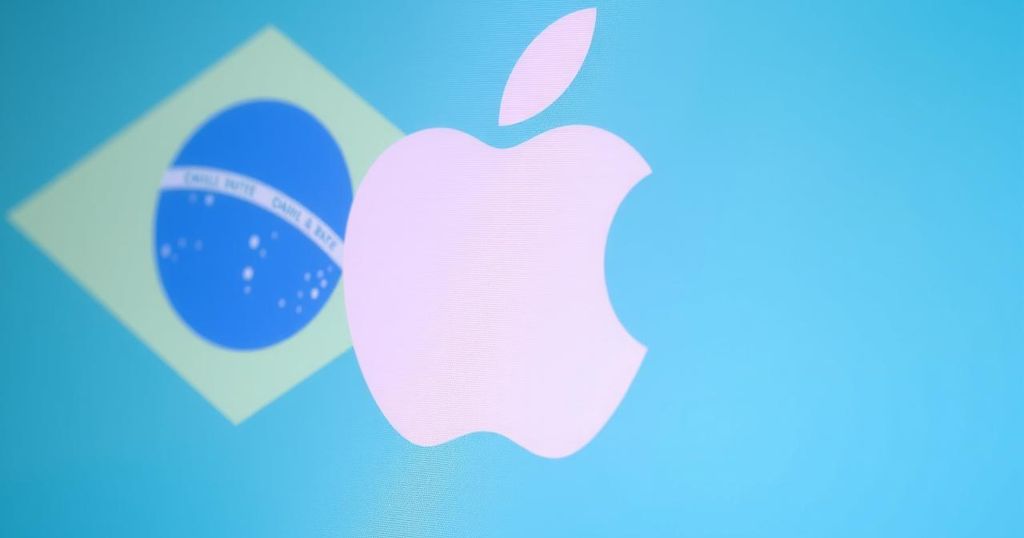Apple and Google Fined in Brazil for Data Privacy Violations by FaceApp
Apple and Google have been fined R$19 million in Brazil for allowing FaceApp to improperly collect user data, violating local privacy laws. Judge Douglas de Melo Martins ruled that both companies are responsible for distributing the app, which has faced prior criticisms regarding its privacy practices. They may appeal the decision, further emphasizing the challenges of regulating digital platforms.
Apple and Google have recently faced a fine totaling R$19 million (approximately US$3.1 million) in Brazil following a ruling by Judge Douglas de Melo Martins. The court found that both technology giants played an instrumental role in allowing the popular photo editing application, FaceApp, to improperly collect sensitive user data. This decision aligns with the Brazilian Civil Rights Framework for the Internet, which stipulates regulations for internet use and digital platforms within the nation.
The ruling raises concerns regarding FaceApp, known for its viral photo-editing capabilities, particularly among younger users. This application has been criticized for its questionable privacy policies, previously coming under scrutiny for allegedly storing user images on its servers without consent. The app’s controversial ties to Russia led the FBI to label it as a potential national security threat, further complicating its standing.
Despite this ruling, Apple and Google maintain their stance, asserting that they are merely distributors of the app and thus should not bear the responsibility for its data practices. Both companies have the option to appeal the judicial decision. Nevertheless, the implications for consumer privacy in Brazil remain significant, as this case highlights the complexities of regulating international digital platforms.
The legal landscape in Brazil surrounding digital privacy is shaped by the Brazilian Civil Rights Framework for the Internet. This legislative framework establishes guidelines and restrictions on how internet users’ data can be handled by companies operating within Brazil. The controversy surrounding FaceApp underscores ongoing global concerns regarding user data privacy, especially as applications increasingly integrate AI technologies for image manipulation. Previous allegations against FaceApp regarding unauthorized data storage and its foreign ties contribute to the heightened scrutiny of app developers and distributors alike.
In summary, the recent ruling against Apple and Google for their involvement with FaceApp underscores the critical nature of user data protection. It illustrates the necessity for technology companies to be vigilant and accountable regarding the applications they distribute. As users become increasingly aware of privacy issues, maintaining rigorous standards in compliance with national laws will be imperative for these companies to avoid similar legal challenges in the future.
Original Source: 9to5mac.com








Post Comment